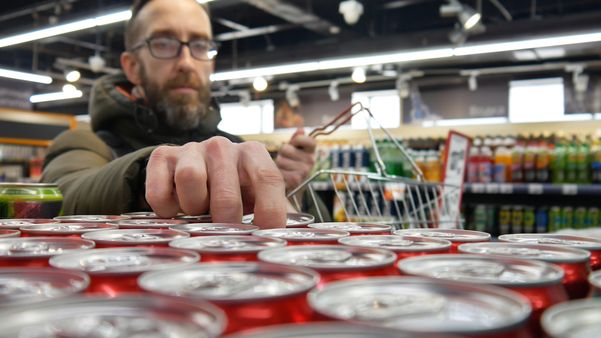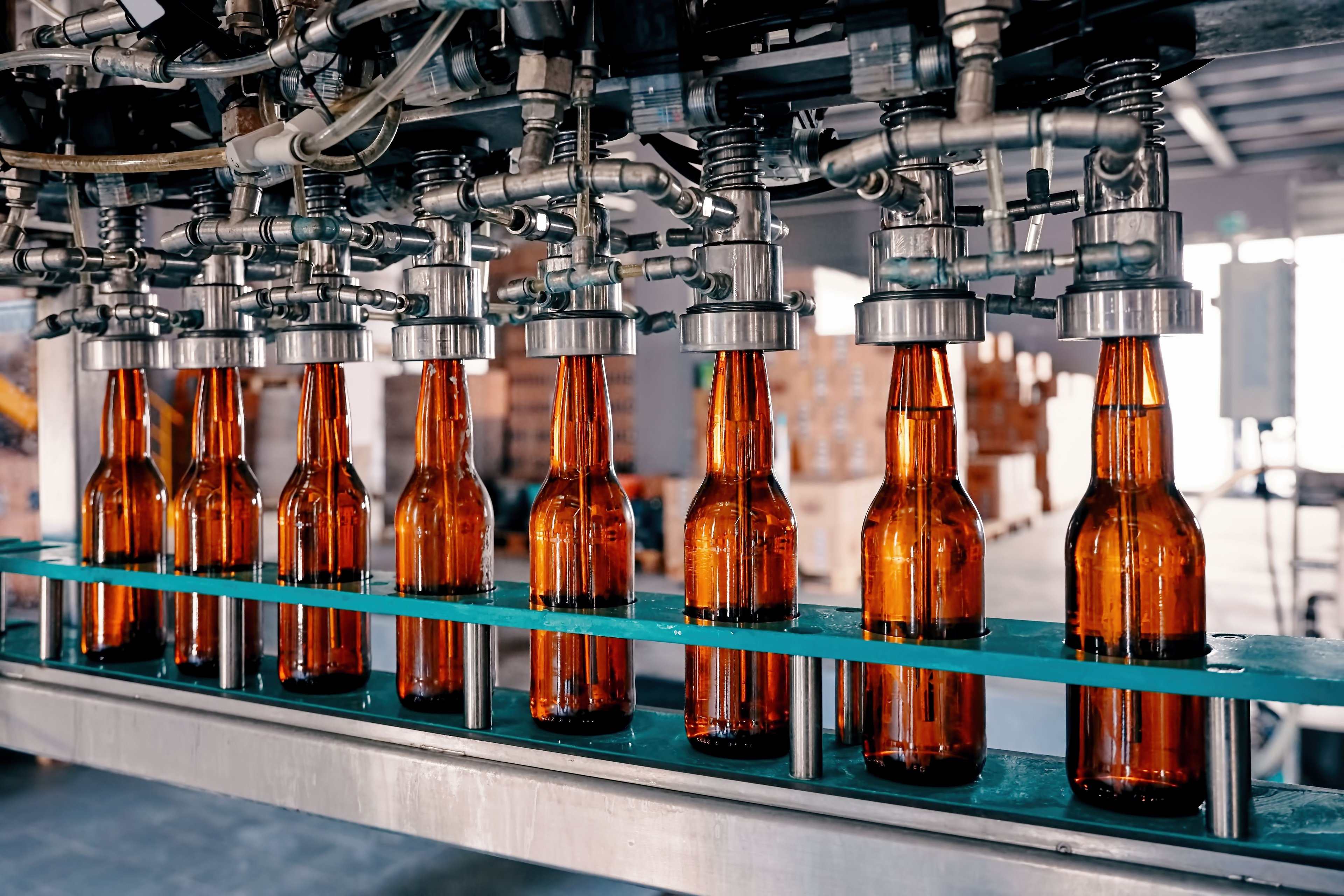When Boston Beer (SAM +0.94%) is reporting growth like this from its Truly hard seltzer brand, who cares that its flagship beer continues to seemingly circle the drain?
The brewer reported that depletions grew 24% this quarter, a rate of growth in sales to distributors and retailers that it hasn't seen in five years, so although reviving Samuel Adams obviously remains a priority for the brewer, the effervescence that seltzer is affording its business is too good to ignore.

Image source: Boston Beer.
At the same time, however, outsized growth in seltzer is actually scaling beyond Boston Beer's ability to meet demand, causing gross margins to contract as the brewer is forced to continue using third-party breweries and hire more temporary help to produce the seltzer and get it out the door.
Gross margins fell another 160 basis points to 49.6% in the quarter, following the 210-basis-point drop in the second quarter, and Boston Beer doesn't see the situation resolving itself anytime soon. Even though it's installing new canning equipment at its Pennsylvania brewery and has significantly expanded its capacity at outside breweries, demand is rising so fast that CEO David Burwick says it would be foolish not to act.
"We remain prepared to forsake short-term earnings as we invest to sustain long-term profitable growth, in line with the opportunities that we see," he said in a statement.
Even more growth is coming
Boston Beer reported that net revenue jumped 23% during the quarter to $378.5 million, beating Wall Street's estimates of $364 million and generating earnings of $3.65 per share, well ahead of the prior year quarter's $3.21 per share. Boston acquired Dogfish Head Brewery earlier this year, and its latest results are the first with the craft brewer included, though the acquisition really doesn't move the needle.
While Boston Beer plans on expanding Dogfish Head's distribution beyond its current regional confines, it brought with it only about 300,000 barrels of production annually. Boston Beer produced nearly 1.6 million barrels this quarter and year to date has produced the equivalent of 4 million barrels. It produced 4.2 million barrels in 2018.
Heady growth is expected to continue. Boston Beer is forecasting depletions and shipments to rise between 19% and 21% for the full year, and though the excess demand for seltzer has chipped away at profit margins, the company maintained its forecast that gross margins will still finish the year in the 50% to 51% range.
Looking out into 2020, the brewer says it continues to see high teens to low 20% ranges for depletions and shipments, but margins will slip to between 49% and 51%, suggesting it won't be able to get those canning operations online fast enough. And the higher contract-brewing costs are going to have to remain for now, as seltzer has kept the organization operating at full capacity.
One bad apple
One particular area of concern, though, beyond the persistent weakness of Samuel Adams, is what Boston Beer will do with its Angry Orchard hard cider brand. Once a star of the portfolio, much as Truly is today, it's fallen on hard times, and depletions keep falling.
Last year, when the brand introduced its rose variation, it was a huge hit and there was some thought it could lead to a renaissance of the brand, but sales turned south again afterward, and now the brewer isn't sure where to go with it. The cider has been up against some tough comps from the rose launch, but Burwick told analysts he's not expecting to see any growth again from it next year.
"We think it's a year to kind of rethink the brand and the opportunities the category presents," he said, but he also noted Boston Beer is fortunate at the moment because seltzer gives the brewer time to figure out the next move. "To be honest, we have a lot of different pathways to growth next year. Angry Orchard does not have to be a big one for us."
A price too high for investors?
It's a big change for Boston Beer, but lately the brewer's biggest problem for investors has been its valuation. It now trades at 32 times estimated earnings and its price fetches more than four times sales. For all the strength it's having with seltzer, Boston Beer is a pricey stock and investors should proceed with caution.






